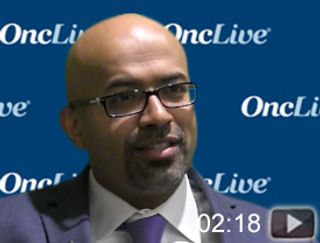
Gastrointestinal Cancer
Latest News
Latest Videos

CME Content
More News

Many patients with metastatic colorectal cancer will ultimately progress on standard first- and second-line therapy while maintaining a good performance status, placing importance on the optimal use of third-line treatments.

A bevy of clinical trials exploring the use of nab-paclitaxel (Abraxane) in various combinations and treatment settings aim to uncover future strategies for treating patients with pancreatic adenocarcinoma, which remains one of the deadliest forms of cancer.

Locoregional therapies are now considered potentially curable options that should be considered alongside transplant and resection for patients with hepatocellular carcinoma.

Anne Covey, MD, interventional radiologist, Memorial Sloan Kettering Cancer Center, discusses recent and future changes to locoregional treatment approaches for hepatocellular carcinoma (HCC).

Alan P. Venook, MD, shares insight into the evolving treatment paradigm for colorectal cancer.

To address the unmet need for better diagnostic and therapeutic modalities in pancreatic cancer, investigators at the Indiana University School of Medicine have established the Pancreatic Cancer Signature Center at the Indiana University Melvin and Bren Simon Cancer Center.

The combination of liposomal irinotecan (irinotecan liposome injection; Onivyde), fluorouracil, and leucovorin has been added to the 2016 NCCN Clinical Practice Guidelines in Oncology as a second-line treatment for patients with gemcitabine-refractory metastatic pancreatic cancer.

David C. Madoff, MD, professor of Radiology, vice chairman for Academic Affairs at Weill Cornell Medicine, discusses selecting patients with hepatocellular carcinoma who are candidates for minimally invasive therapy.

The novel therapeutic vaccine algenpantucel-L, which is genetically engineered from human cell lines, is being evaluated in two phase III trials in patients with resected pancreatic cancer (IMPRESS) and borderline resectable or locally advanced unresectable pancreatic cancer (PILLAR).

James L. Abbruzzese, MD, discusses the underlying disparity between high-volume centers and community medical centers affecting patients with pancreatic cancer.
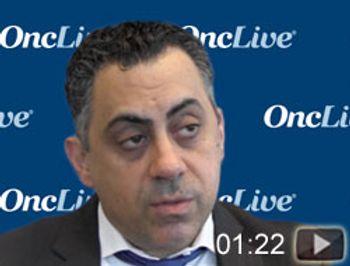
Tanios Bekaii-Saab, MD, associate professor, Department of Internal Medicine, The Ohio State University Comprehensive Cancer Center, discusses the benefits patients receive with regorafenib for the treatment of colorectal cancer.

The FDA has approved everolimus for the treatment of adult patients with progressive, well-differentiated non-functional, locally advanced or metastatic gastrointestinal or lung neuroendocrine tumors.




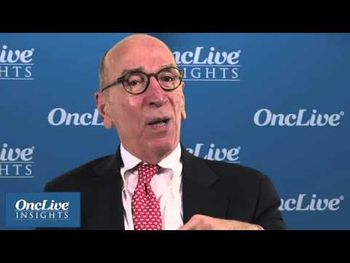
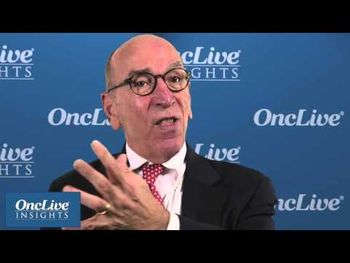



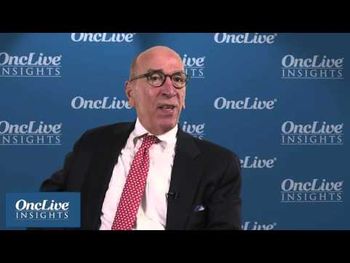
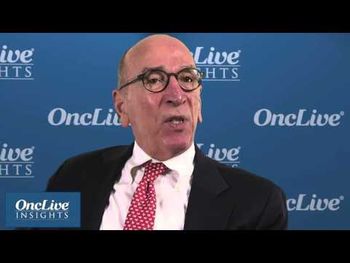

Jennifer Wu, MD, reviews recently approved agents in refractory colorectal cancer, as well as biomarker-directed emerging therapies in the setting.

Georgia L. Wiesner, MD, MS, director, Clinical and Translational Hereditary Cancer Program, Ingram Professor of Cancer Research, professor of Medicine, cancer geneticist, Vanderbilt-Ingram Cancer Center, explains the benefits of genetic testing for colorectal cancer (CRC) and how oncologists can discuss it with their patients.







